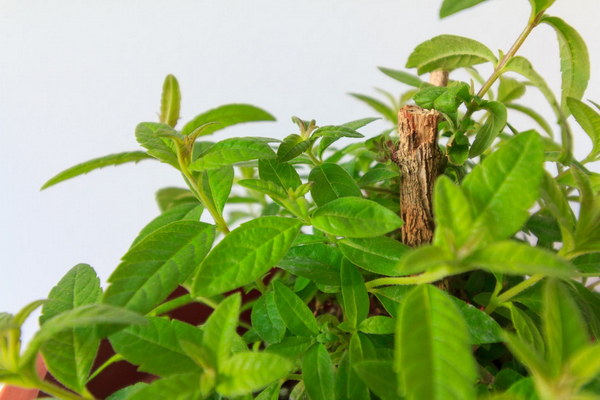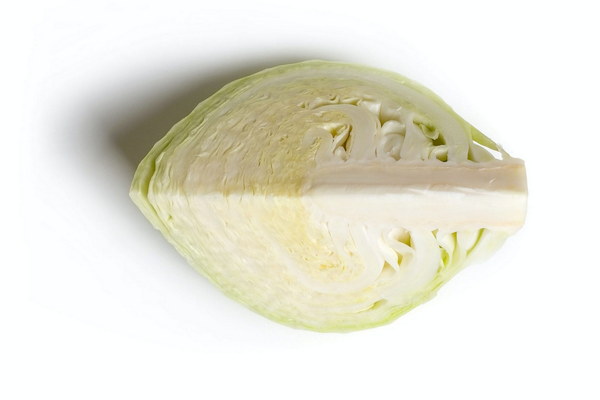Do Japanese Anti-Aging Capsules Live Up to Their Hype
In recent years, the skincare industry has been buzzing with the latest and greatest anti-aging products, and Japanese anti-aging capsules have become a hot topic. With a reputation for being highly effective, these capsules have garnered a significant following. But do they really live up to the hype? Let's delve into the world of Japanese anti-aging capsules to find out.
First and foremost, it's essential to understand what these capsules are made of. Japanese anti-aging capsules often contain a blend of natural ingredients such as vitamin C, vitamin E, resveratrol, and hyaluronic acid. These ingredients are known for their anti-aging properties, which include reducing wrinkles, improving skin elasticity, and protecting against UV damage.
One of the main advantages of Japanese anti-aging capsules is their convenience. Simply popping a pill daily can be much easier than applying a cream or serum to your face. This convenience factor makes it an ideal option for those who are short on time or have sensitive skin that doesn't tolerate topical treatments well.

Clinical studies have shown that some Japanese anti-aging capsules can indeed be effective. For instance, a study published in the Journal of Clinical and Aesthetic Dermatology found that a supplement containing vitamin C, vitamin E, and green tea extract significantly improved skin elasticity and reduced the appearance of fine lines and wrinkles after 12 weeks of use.
However, it's crucial to note that the effectiveness of these capsules can vary from person to person. Factors such as age, skin type, and genetic predisposition can play a significant role in how well these capsules work for you. Additionally, the quality of the ingredients and the manufacturing process of the capsules can also impact their effectiveness.
Another concern with Japanese anti-aging capsules is the potential for side effects. While natural ingredients are generally considered safer than synthetic ones, some individuals may experience adverse reactions, such as stomach upset or allergic reactions. It's essential to read the product label carefully and consult with a healthcare professional before starting any new supplement regimen.
Moreover, it's important to keep in mind that anti-aging capsules are just one part of a comprehensive anti-aging strategy. To achieve the best results, it's essential to maintain a healthy lifestyle, including a balanced diet, regular exercise, and adequate sleep. Additionally, using a good skincare routine, including sunscreen and moisturizer, can also help combat the signs of aging.
In conclusion, Japanese anti-aging capsules can be an effective addition to your anti-aging routine, but they should not be seen as a miracle solution. While clinical studies have shown some promising results, the effectiveness of these capsules can vary from person to person. It's essential to consider factors such as your age, skin type, and genetic predisposition when deciding whether these capsules are right for you. As always, consult with a healthcare professional before starting any new supplement regimen to ensure it's safe and suitable for your individual needs.
Remember, the key to successful anti-aging is a holistic approach that includes a combination of supplements, skincare, and a healthy lifestyle. So, while Japanese anti-aging capsules may help you achieve your anti-aging goals, they are just one piece of the puzzle.









